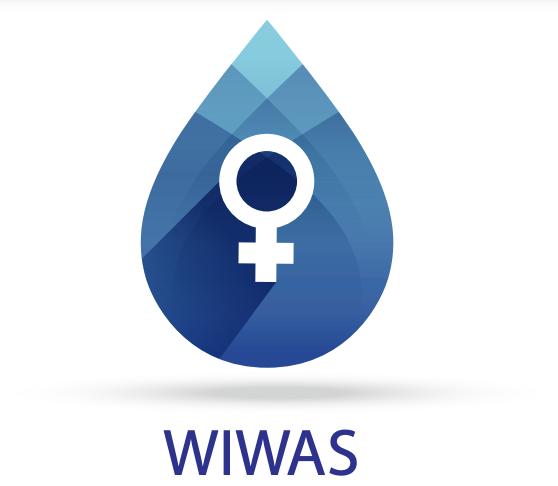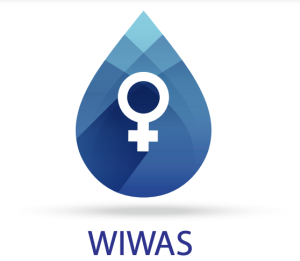WIWAS is dedicated to enhancing the health and hygiene practices of women and girls through comprehensive education programs. Proper hygiene and access to clean water are critical to preventing waterborne diseases, promoting overall health, and improving quality of life. Many communities face challenges in accessing accurate information and resources about effective hygiene practices, leading to increased rates of illness and lower health standards.
Our initiatives focus on:
- Educational Workshops: We organize workshops and training sessions to educate women and girls about essential hygiene practices, such as handwashing, safe water handling, and menstrual hygiene management. These sessions provide practical skills and knowledge to reduce the incidence of waterborne diseases.
- Community Awareness Campaigns: We run awareness campaigns to disseminate information about hygiene and sanitation through various channels, including local media, social media, and community gatherings. These campaigns aim to reach a broad audience and reinforce the importance of hygiene practices.
- Resource Distribution: We provide educational materials, such as brochures, posters, and digital resources, to communities and schools. These resources are designed to be easily accessible and understandable, promoting consistent and effective hygiene practices.
- School Programs: We implement school-based hygiene education programs that teach students about proper sanitation and health practices. These programs include interactive activities and demonstrations to engage students and encourage them to adopt healthy habits.
- Partnerships and Collaboration: We collaborate with health organizations, local governments, and other stakeholders to integrate hygiene education into broader public health initiatives. By working together, we aim to create a more significant impact and reach underserved communities.
Through our health and hygiene education programs, WIWAS seeks to empower individuals with the knowledge and resources needed to maintain good health and prevent disease. By promoting proper hygiene practices, we aim to improve health outcomes, reduce the burden of preventable diseases, and contribute to the overall well-being of women and girls in the communities we serve.


